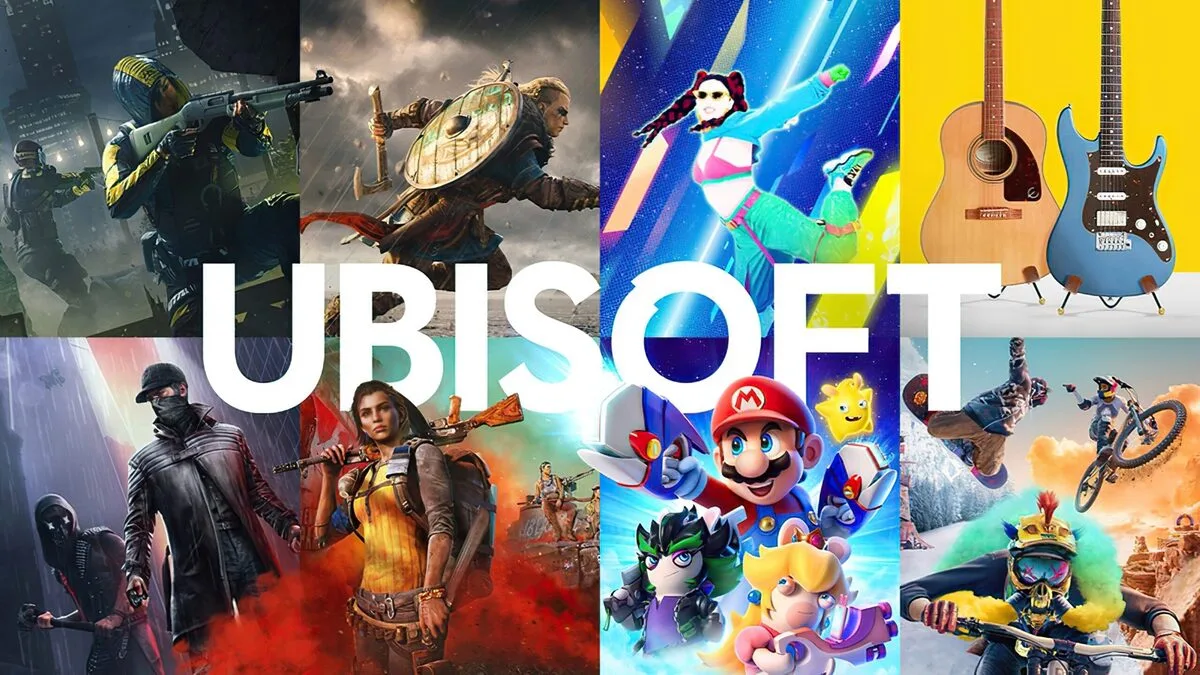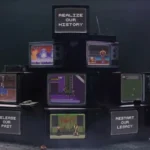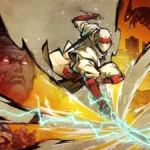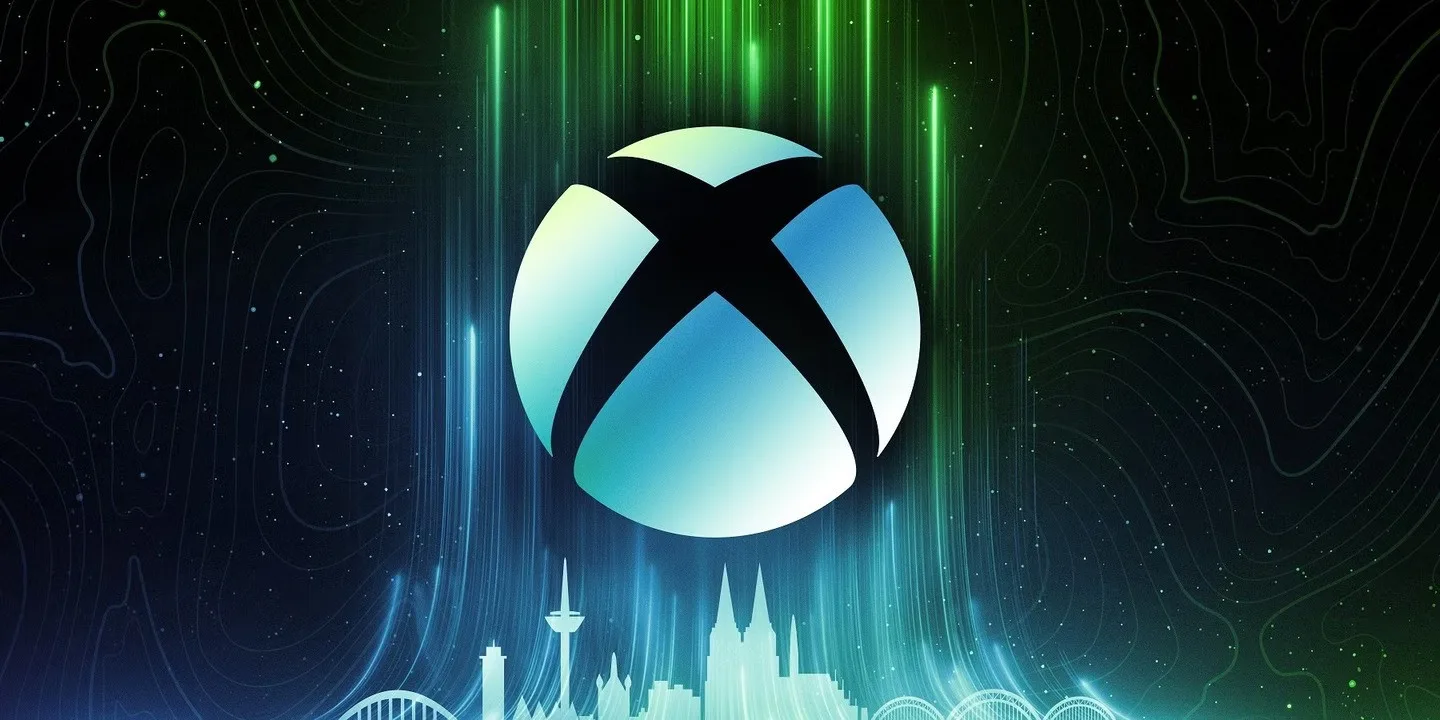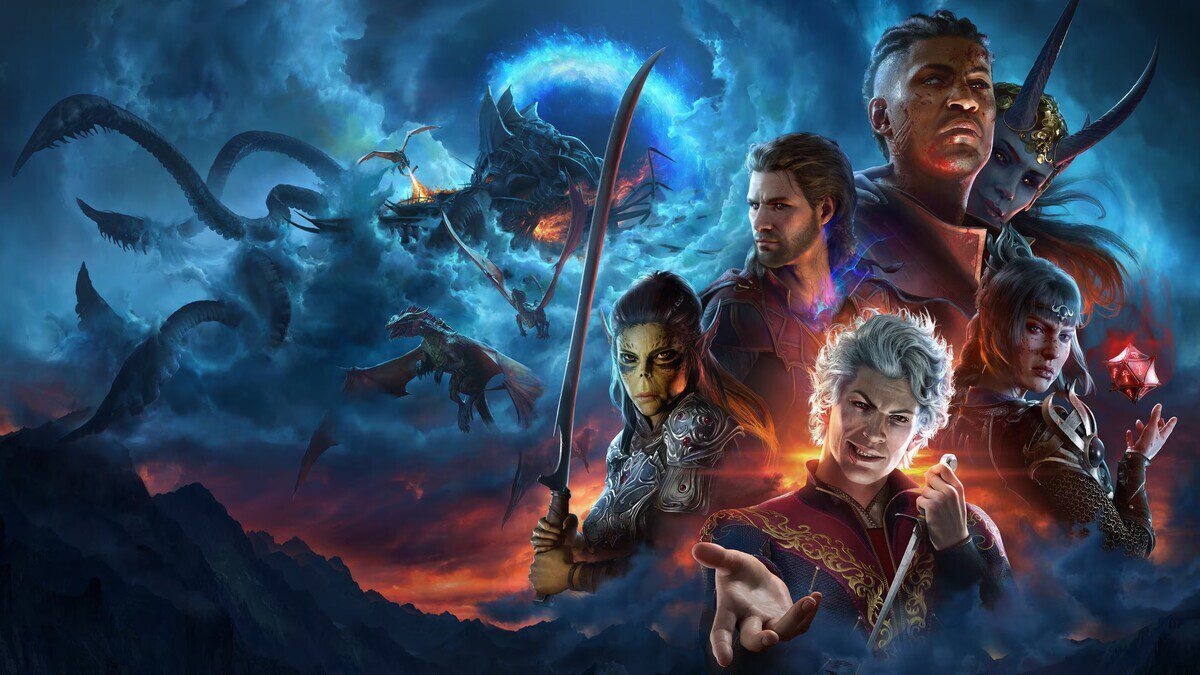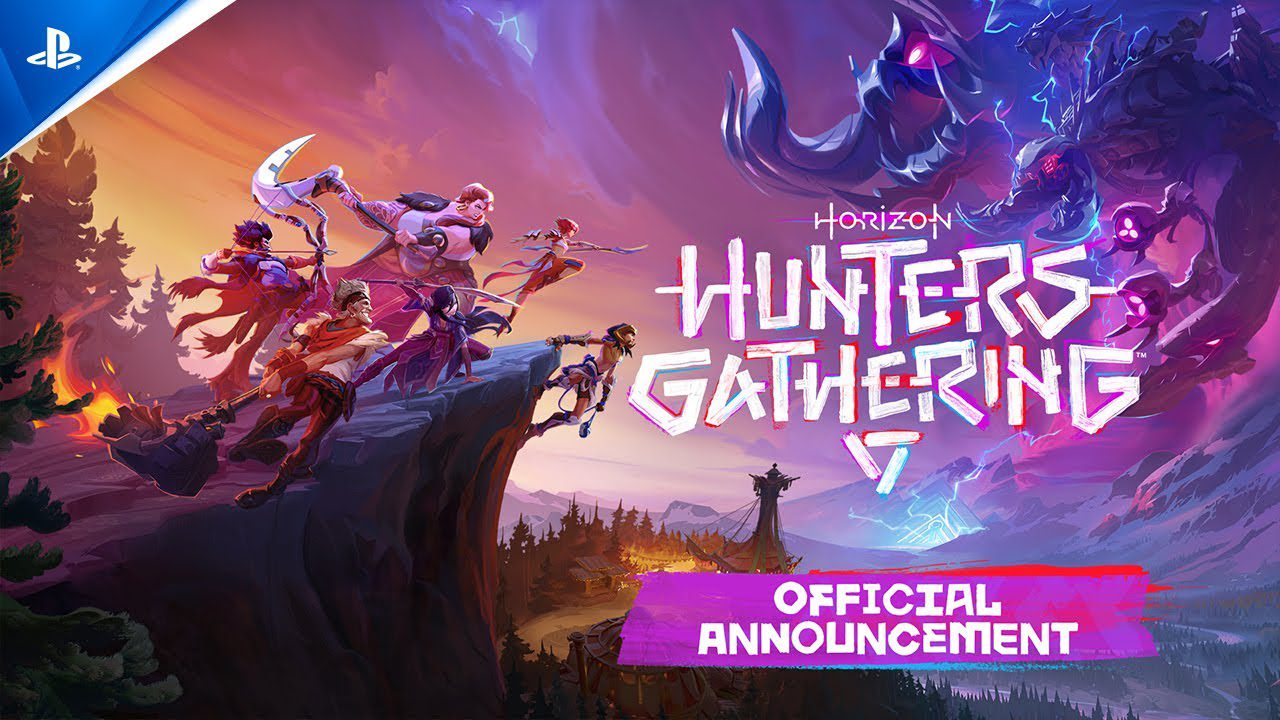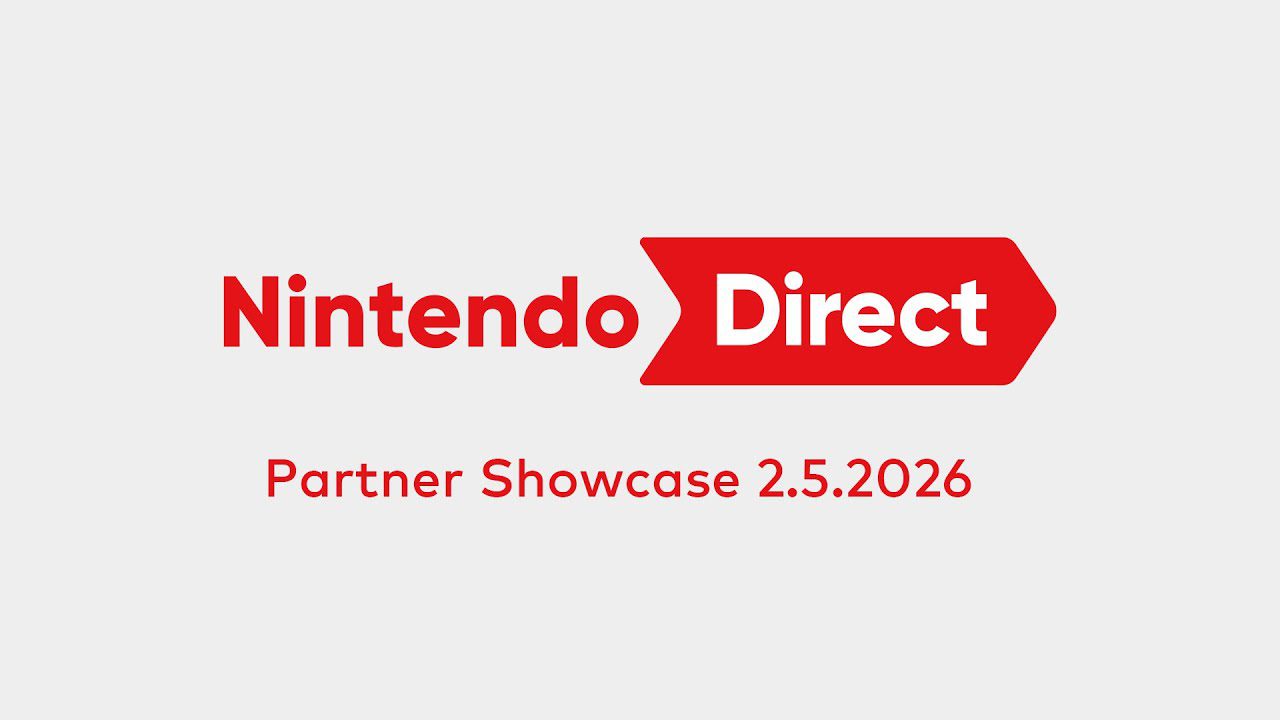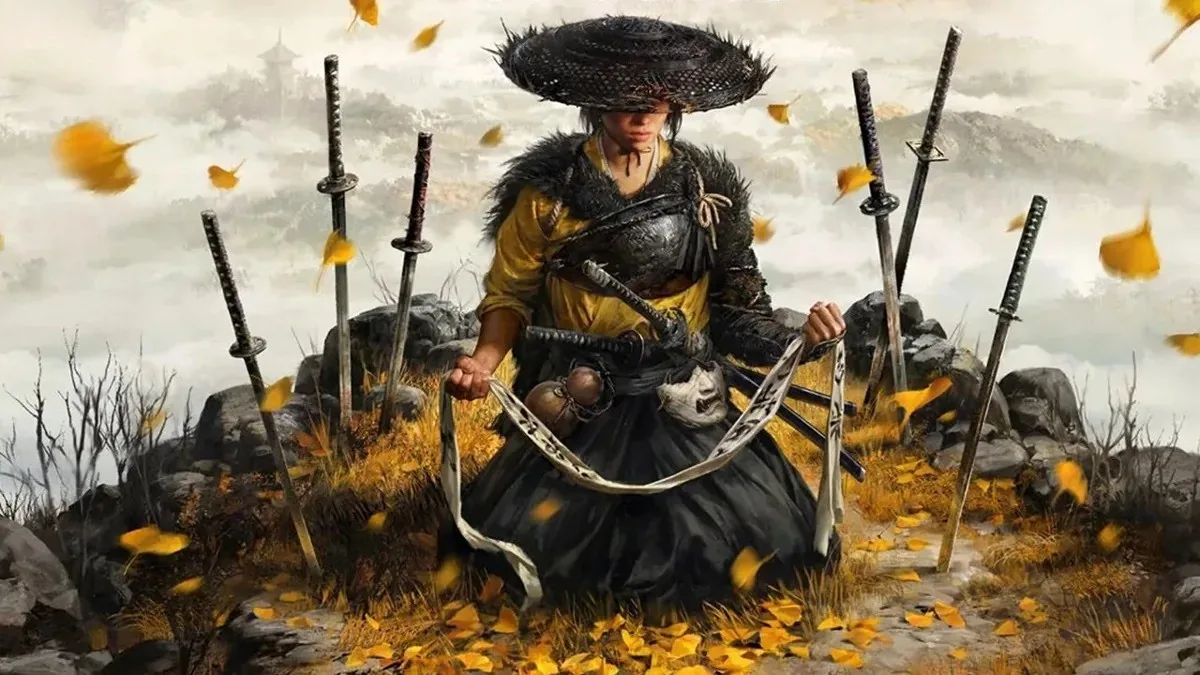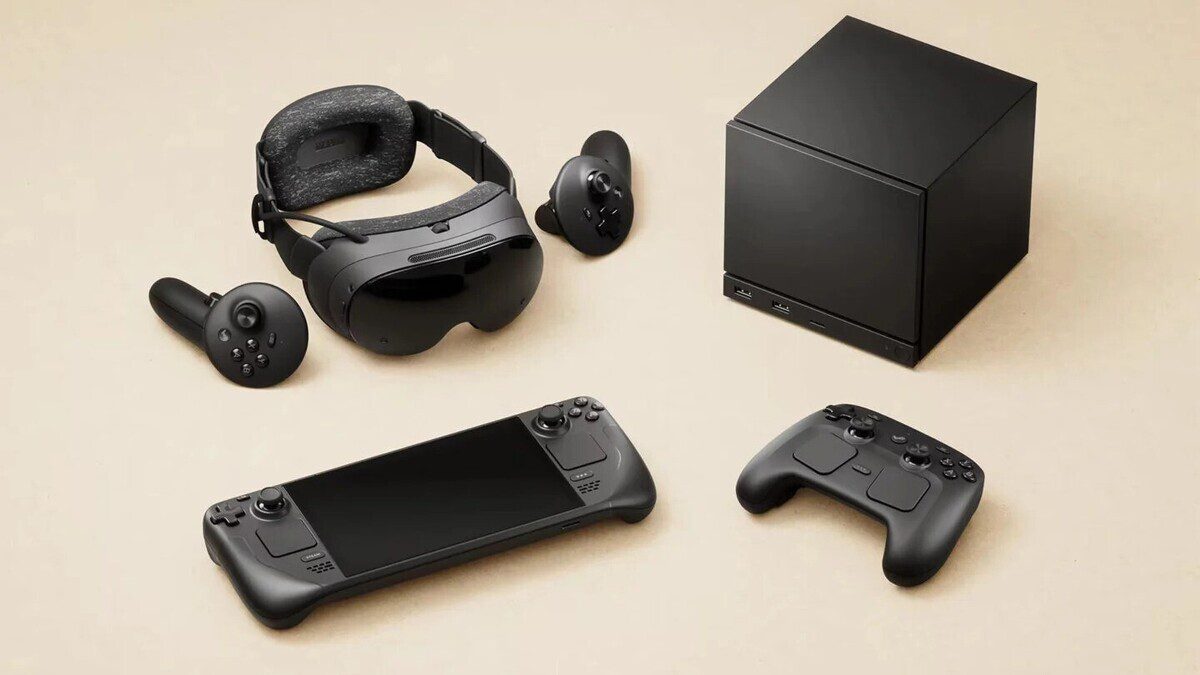In a move that feels both nostalgic and sobering, Atari has officially confirmed the acquisition of more than 100 PC and console titles from Ubisoft’s back catalog, many of them dating back to the 1980s and 1990s. This isn’t just a licensing deal — it’s a transfer of ownership that includes notable franchises and the trademarks of once-proud publishing labels like Accolade and GTI.
For Atari, this is another step in its ongoing strategy to reclaim and revitalize retro gaming IP, following recent purchases like Berzerk, Frenzy, and the acquisition of Nightdive Studios — a specialist in remastering classics for modern platforms. For Ubisoft, however, the sale is a stark reminder of how far the French publisher has fallen from its early-2010s dominance.
What Atari Gets — and Why It Matters
The deal includes:
- Franchises: Bubsy, Hardball!, Demolition Racer, and classic air combat sims like 1942: Pacific Air War and F-117A.
- Trademarks: Accolade and GTI, both respected names in the golden age of PC and console publishing.
- Plans: Atari intends to re-release these titles physically and digitally, port them to modern consoles, and even create new entries.
For retro enthusiasts, this is a win — these games have been languishing in corporate vaults for decades. But the fact that they were Ubisoft’s to sell in the first place is a story worth unpacking.
Ubisoft’s current state is the result of years of strategic misfires, shifting market dynamics, and mounting financial pressure and we can list all the things that has let the gaming veteran to its current state that has led to concede ownership to an unlikely ally in the form of Tencent Games:
1. The Live-Service Gamble That Didn’t Pay Off
Over the past four years, Ubisoft tried to pivot toward “mega-brands and everlasting live games” — chasing the success of Fortnite, GTA Online, and Apex Legends. But its own attempts (Hyper Scape, Ghost Recon Frontline, XDefiant) either fizzled or never made it to market. Without a flagship live-service hit, Ubisoft lacked the steady revenue stream that keeps competitors afloat between big releases.
2. A Pipeline in Disarray
Repeated delays (Skull and Bones, Prince of Persia: The Sands of Time Remake) and high-profile cancellations — seven projects in a single fiscal year — left the company with little to show for massive R&D spending. Even promising titles like Mario + Rabbids: Sparks of Hope underperformed commercially despite strong reviews.
3. Economic and Cultural Headwinds
The broader industry slowdown, rising development costs, and shifting player expectations hit Ubisoft hard. Meanwhile, years of internal mismanagement and being “out of touch with the gaming sphere” eroded goodwill. By late 2024, investor pressure to seek a sale was mounting.
—
Ubisoft once prided itself on being a collector of IP, acquiring studios and catalogs to expand its reach. Selling off legacy titles to Atari flips that narrative — it’s a sign of retrenchment, a company liquidating non-core assets to stay afloat.
For Atari, it’s a poetic reversal: the once-fallen giant of the ’80s now picking up the pieces of a struggling 21st-century powerhouse.
This deal is more than a business transaction — it’s a snapshot of how cyclical the games industry can be. Publishers rise, consolidate IP, and dominate… until market shifts, creative stagnation, or strategic overreach force them to downsize.
The question now is whether Ubisoft can stabilize around its remaining tentpoles (Assassin’s Creed, Far Cry, Rainbow Six) or if this is the beginning of a longer unwinding.
What does it say about the state of AAA publishing when a company like Ubisoft — once the face of blockbuster gaming — is selling its heritage to a retro revivalist like Atari? Is this a smart focus on core strengths, or a warning sign of deeper decline?

